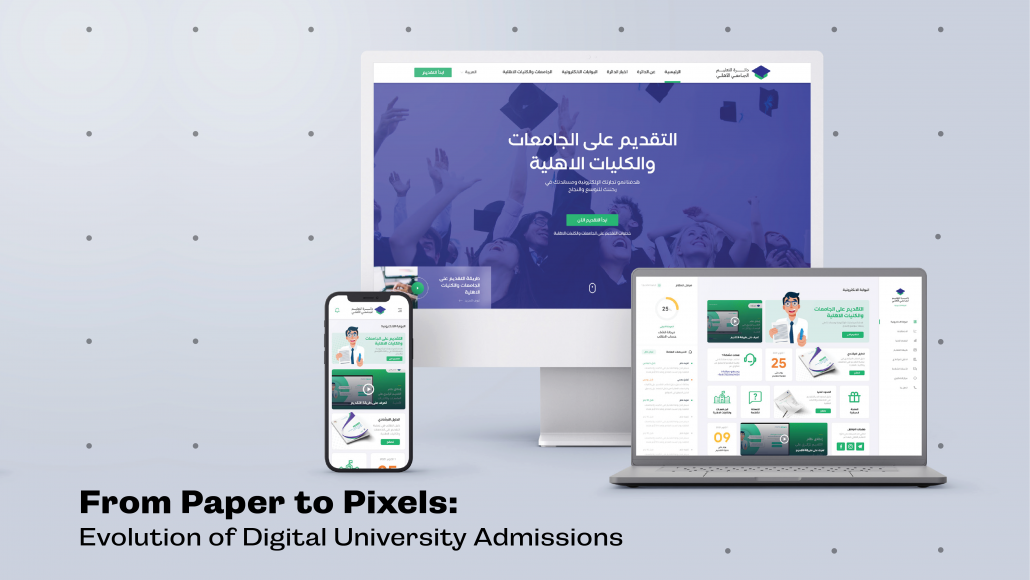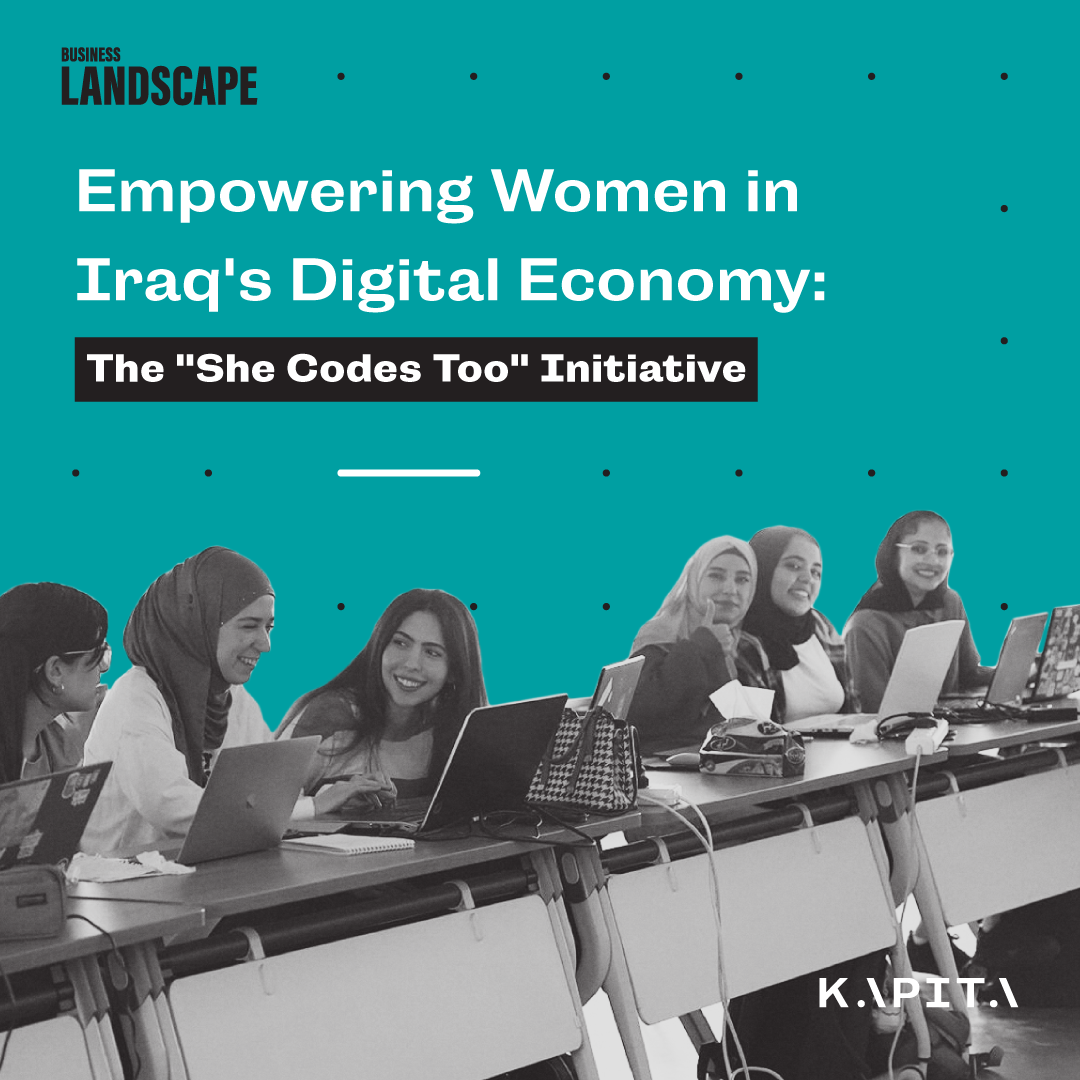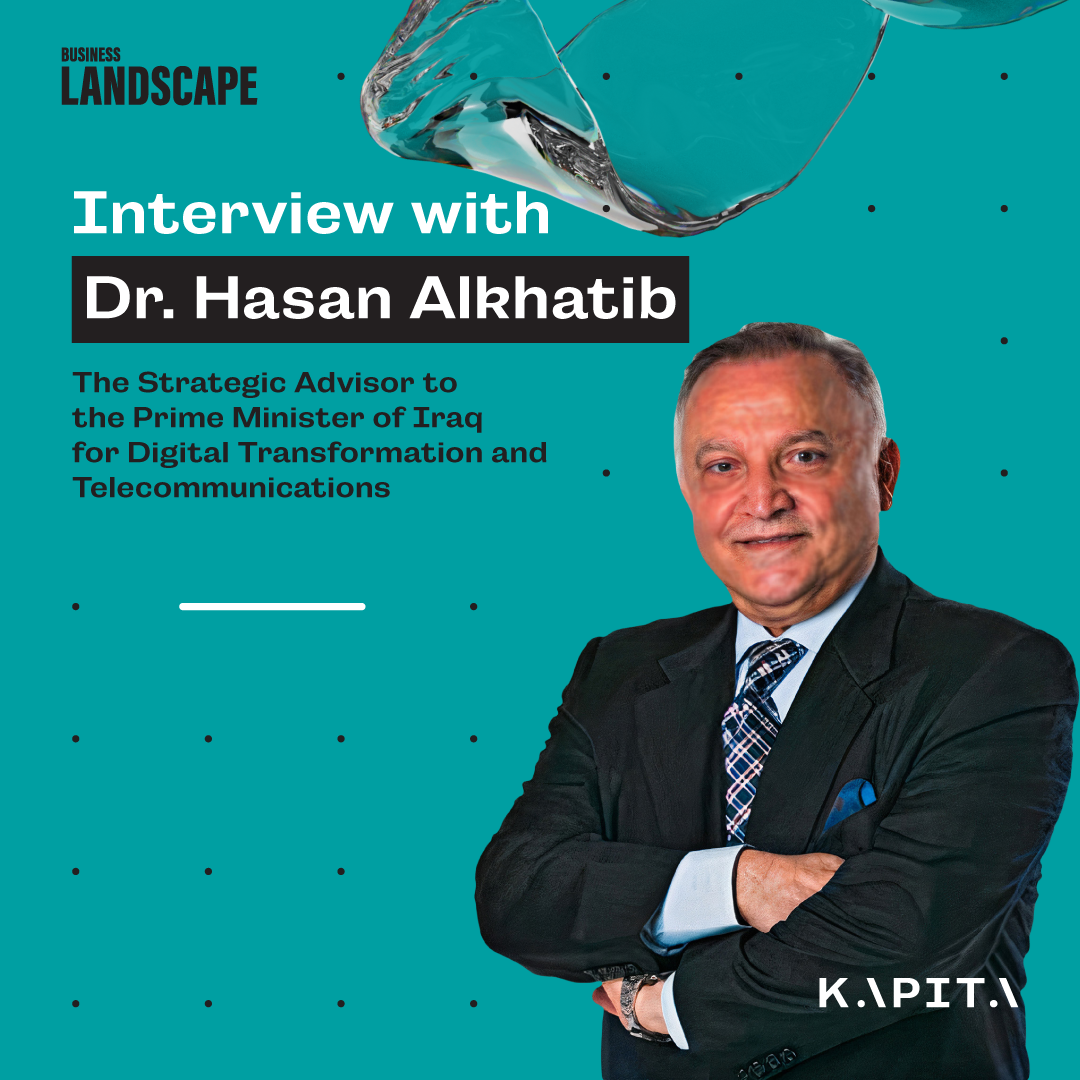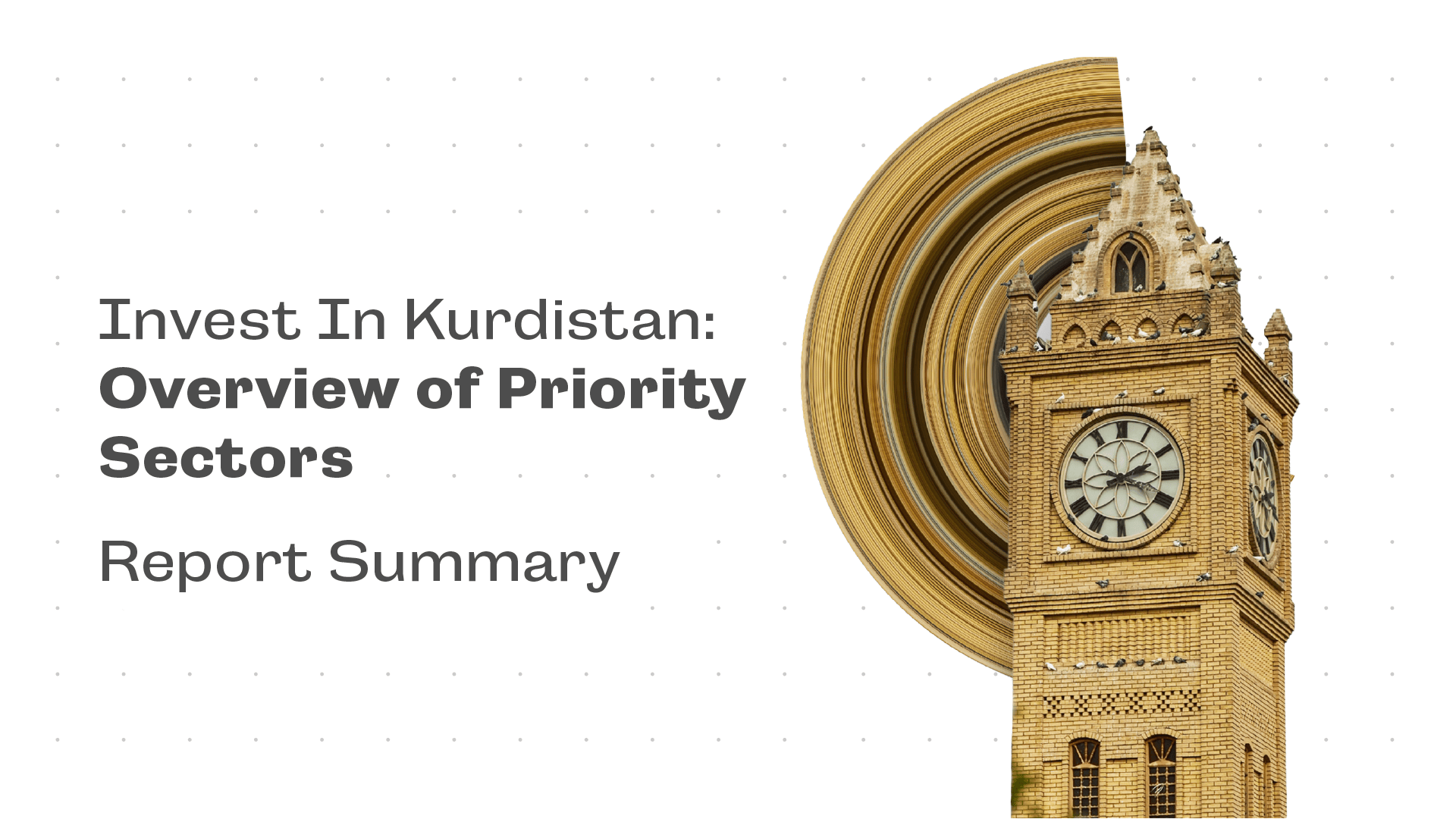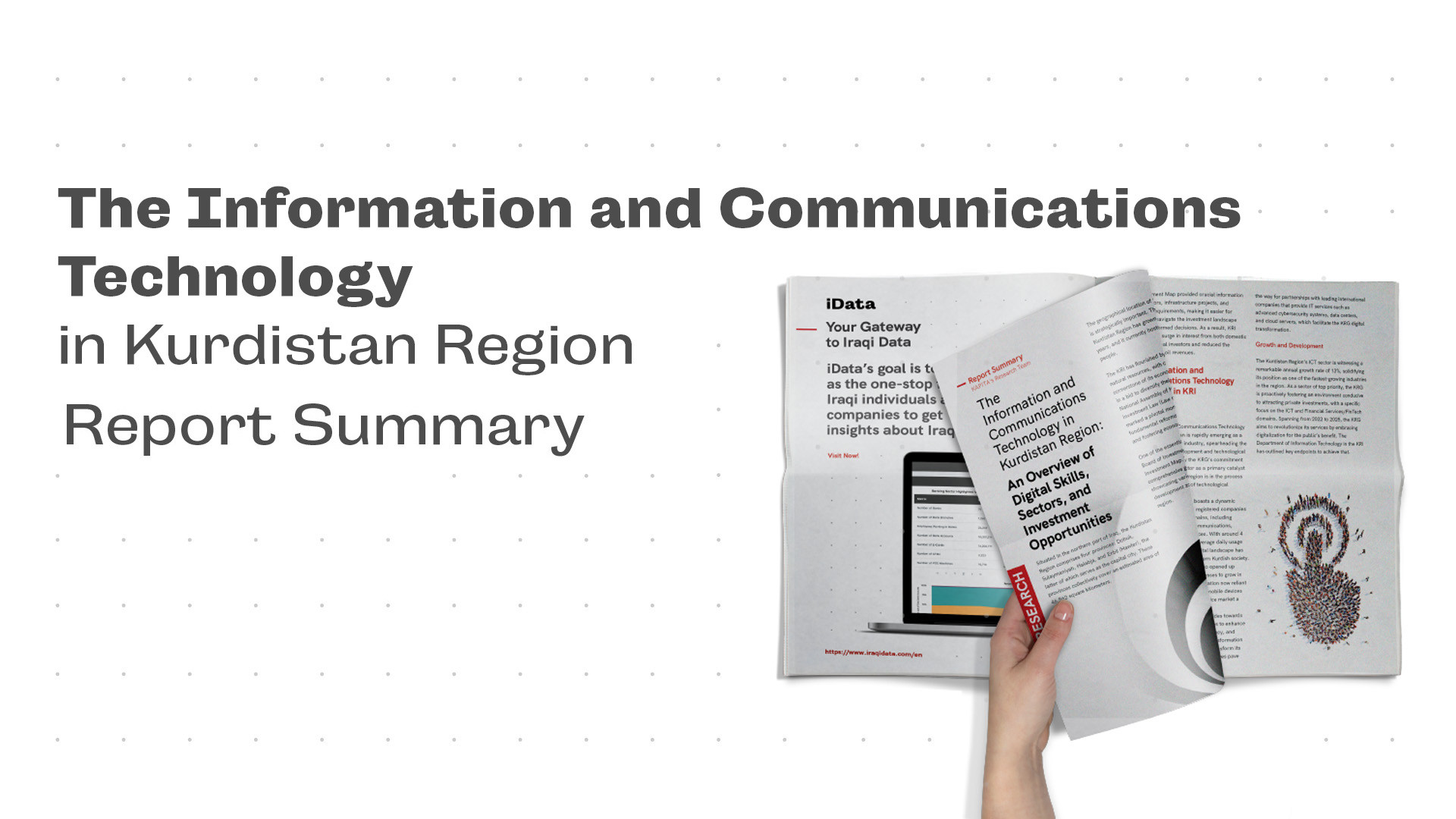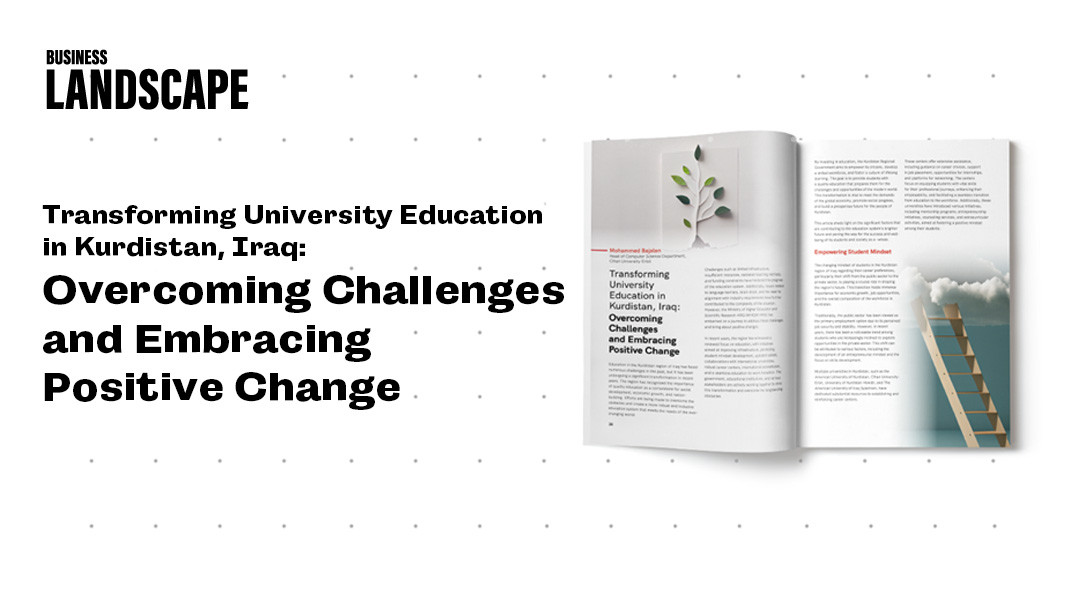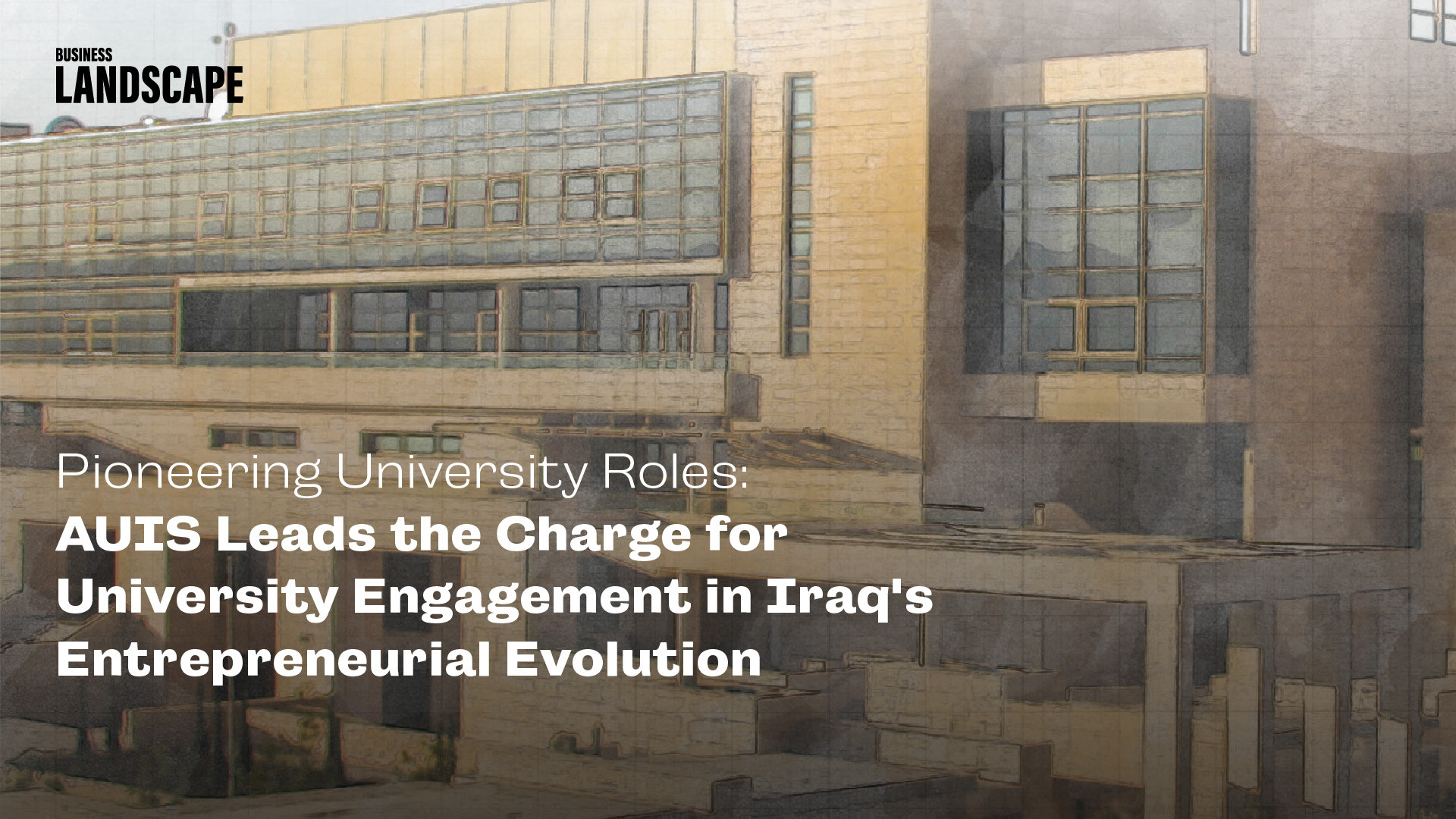From Paper to Pixels: Evolution of Digital University Admissions
Ibrahim Salim
CMO, Nass Al-Iraq Holding
The Private Education Admissions System (PEAS) story started before its establishment. Our involvement, as Nass Al-Iraq, with the central admission system of the Ministry of Higher Education and Scientific Research (MOHESR) started in the 2011-2012 academic year with the creation of the digital acceptance system for public universities and technical institutes. The platform's aim was to convert the traditional paperwork-based application and admission procedure, which includes filling a checklist form by hand, into an electronic form filled out online, then processed, taking into account the number of applicants and their ratings, in order to allocate students to their respective universities.
The biggest challenge in centralizing the admission system was to create a hosting environment that could accommodate the large number of students and withstand the pressure of that number. The older hosting technology, commonly known as bare-metal servers, was used in the first iteration, which could not handle the volume of applications. Hence, the system went down multiple times, and the applicants did not have smooth user experience.
Thus, for the next year, the MOHESR started looking for a private-sector contractor with novel solutions to solve the issue. It was Nass Al-Iraq who first proposed the use of digital transformation technologies to solve the existing issue. Therefore, cloud computing was selected for the season of 2011-2012. Although cloud computing is de facto in 2023, 13 years ago, it was not heard off. Cloud servers were deployed, and the system was hosted and run successfully for the seasons of 2012 up to date. We were able to meet the hosting challenge successfully by providing an optimal hosting environment that could keep up with the influx of students during the application and admission process, thus avoiding reverting back to the paper system used prior to 2011-2012.
Having surmounted this challenge, developing and expanding the admission process commenced by adding new channels. Initially, the system was limited to the general admission channel for high school graduates applying to public universities and technical institutes. Subsequently, additional channels were created and added to process the applications of specific purpose admission, which led to broadening the scope of the system and bringing the platform to its current total of over 30 channels.
The success in the public sector encouraged us to broaden our scope and become part of the central admissions process for private universities and colleges.
The Private Education Admissions System (PEAS) - Accumulation of Digital Transformation Technologies
It was 2010 when the term “Private Education Directorate” was first heard off in the Iraqi academic community. Having a whole directorate dedicated to private education illustrated a clear determination from the Ministry of Higher Education and Scientific Research to push private education as a major force in the educational scene.
As with any new system, challenges emerged. For starters, the admission process was paper-based and decentralized. The student had to go in person to each university/college where he wanted to apply and fill in a paper form. This means the student must check the admission status for each submitted form individually. In short, the system was not going to scale for both the private universities and the students.
Automation is Key
In 2017 it became clear that the admission system for private universities and colleges needs to be changed from a paper-based process to a digital one. Thus, a complete overhaul to take advantage of another digital transformation technology which is the “platform-technology” is adopted. A thorough discussion between the “Private Education Directorate” and Nass Al-Iraq resulted in PEAS “Private Education Admission System,” which is the current admission platform. The new system enabled the private colleges/universities (service providers) and the students (consumers) to interact with each other under a unified set of rules set by the Private Education Directorate, which functioned as “gatekeepers.”
In 2019, yet another feature was added to PEAS where customer support (student support) over social media was introduced to make it easier for the students to get their questions answered. In addition, identity verification over-zoom was also introduced, which made it possible for the students to verify their identity over a video call by providing proper documentation without the need for their physical presence.
In 2021, yet another exponential technology was added to the system, which is AI. It was used for anomaly detection, i.e., to detect suspicious fraud cases along the submission process, a technology which is much needed given the fact that there are more than 600,000 applications submitted to the system by around 100,000 students each year.
In 2023, with the revolutionary chat-GPT we seek to take the system yet to another level; where we are building the knowledge base now and are integrating it with chat-GPT to provide human-like-responses to the applicant’s questions, i.e., to scale the customer support from being limited by the number of human operators to AI-based customer support that can hugely scale. We are not sure if we can make the integration for the season of 2023-2024, but we are sure for the season of 2024-2025, the customer support will be AI-driven.
Conclusion
PEAS has been refined over the years with new features and technologies. The system's adoption has led to a full transition away from paper based decentralized process to a digital one. Furthermore, automation between the platform and private universities allows for real statistics about students, contributing to Iraq's digital transformation.
The vision for the future is a comprehensive governance procedure that guarantees the integrity of student data and documents throughout their academic career. The current and future efforts are being carried out by Nass Al-Iraq team, Iraqi personnel, without any reliance on any foreign manpower, to empower the current Iraqi labor force while serving the needs of our future labor force.
In summary, a system such as PEAS, due to its large number of applicants along their many business cases and exceptions along so many system regulations, made PEAS the perfect candidate to apply digital transformation technologies in one system.
Finally, we are not sure what technologies are going to emerge in the near future, but we are more than willing to integrate them into PEAS to constantly provide next-level customer support and user experience.
